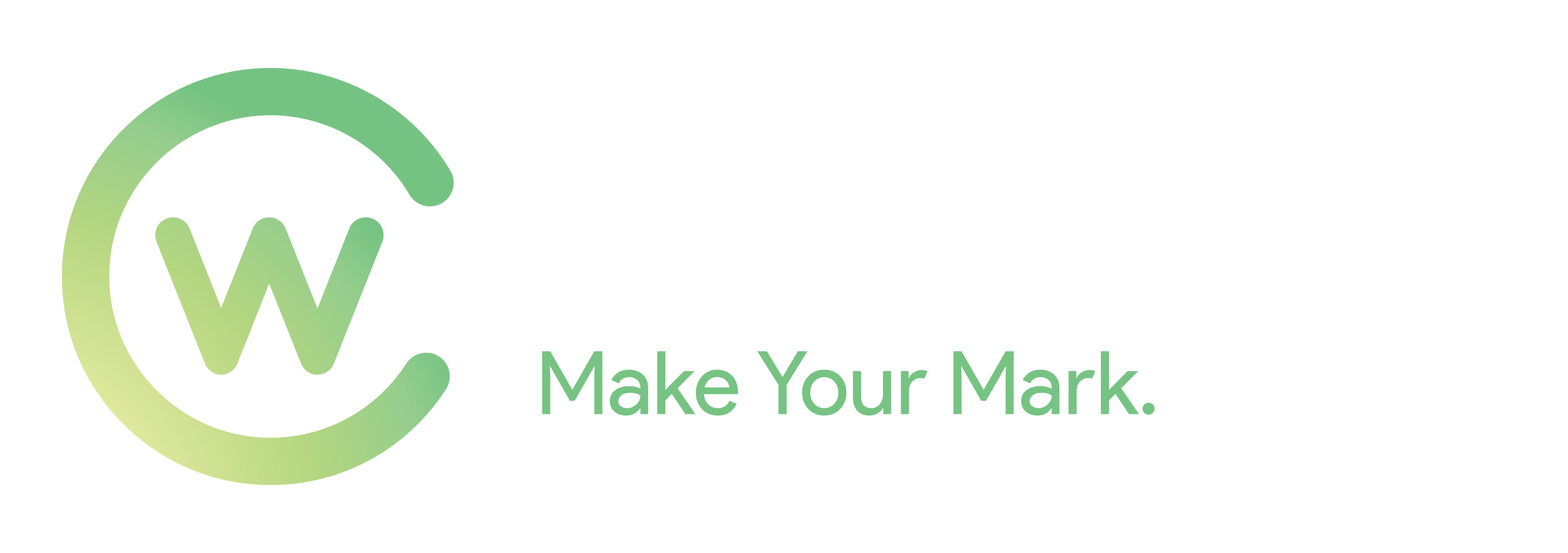Best Tutoring Services in Sydney
Offered by over 150 Australian schools the International Baccalaureate (IB) is an increasingly popular addition to traditional state certificates like the NSW Higher School Certificate (HSC). Its benefit lies in an internationally recognised attainment of skills with a global focus, that facilitate the mobility of students between countries.
The IB is recognised by many Australian universities and institutions around the globe, and its results can be translated into an Australian Tertiary Entrance Rank.
So let’s reach for a big book of facts and look deeper into the IB, what it entails and what it offers.
First implemented in Australia in 1978, the International Baccalaureate is a learning framework that is now offered in 180 Australian schools extending from primary students to graduating programs.
It’s reach extends far beyond Australia, however, with 4000 schools undertaking the program internationally. The key features of the IB include a global focus that incorporates additional languages and the use of a learner profile.
Or as The Conversation explains: “The IB was established in Geneva in 1968, with the aim of developing ‘international mindedness’ in students. The current aim of the IB Diploma is to prepare students for effective participation in a rapidly evolving and increasingly global society.”
Once the domain of senior students, the IB now extends to primary and middle years.
The Good Schools Guide notes: “The Primary Years Programme is catered towards students between the ages of three and 12. It focuses on the development of the child and centres around six transdisciplinary themes: who we are, where we are in place and time, how we express ourselves, how the world works, how we organise ourselves, how the world works, how we organise ourselves and sharing the planet.”
Over 120 Australian schools take part in the primary programme.
The Middle Years Programme is available in 42 schools and concentrates on developing an international mindset through a focus on communication, intercultural understanding and global engagement.
It comprises eight subject groups, including at least two languages (English as well as an additional language), humanities, sciences, mathematics, arts, physical education and technology.
“In their final year, students undertake an independent ‘personal project’ to demonstrate the knowledge and skills they have developed throughout the program. Assessment tasks are set by teachers, and all subjects (including the personal project) are assessed against set criteria established by the International Baccalaureate organisation,” The Good Schools Guide continues.
Recognised by national and international universities, the two-year International Baccalaureate diploma requires Year 11 and 12 students to study English, maths, science, a second language and a humanities subject. In addition they must complete a 4000-word essay, a philosophical “theory of knowledge” course and a community service component. It’s currently offered by 71 Australian schools including a number of NSW independent schools.
In the senior years the IB acts as a framework, with the HSC syllabus operating within it.
At present only independent schools in NSW offer the IB, although according to the Sydney Morning Herald there is mounting pressure for government run institutions to also embrace the program.
For those who choose to undertake it, it offers a different dimension to learning that results in internationally recognised credentials.
Chalkwall specialises in assisting students throughout their education with cutting edge tutoring that allows them to gain confidence in their abilities and meet their learning goals. You can learn more about our services here, or contact us for further advice.
